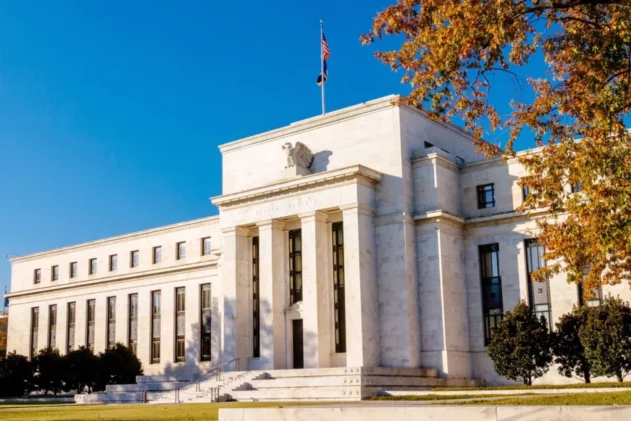January 8, 2020 | Jonathan Walker
Speaking directly with consumers is the most powerful way to understand how everyday Americans navigate their finances. At a recent Center for the New Middle Class panel discussion in Washington D.C, we heard how a disruption in income can be as damaging as a major unexpected expense to the household finances of America’s new middle class.
The panel consisted of four government employees: three worked directly for federal agencies, and one worked for an independent contractor on federal projects. None of the panelists knew each other or had any affiliation with the CNMC prior to the event.
The goal of the panel was to understand how a government shutdown affects federal employees. Each of our four panelists’ finances were negatively impacted by last year’s government shutdown, and all of them are still recovering today, an entire year later. Each panelist shared how the disruption in their income wreaked havoc on their household finances.
The panelist who worked as a contractor was deemed “essential” by her employer during the shutdown and was required to work, but when the shutdown ended, the government decided it would not pay for the unauthorized work. This decision left her without compensation for two months of full-time work.
In their words: “As a government contractor, I continued working during the shutdown. Not being paid put me in a hole — I couldn’t get a second job because I still had to work without pay. My credit score still hasn’t recovered.”
On the other hand, the other three panelists were direct government employees and did receive back pay, but even with compensation, they still felt they lost financial ground during the shutdown.
In their words: “I had to repair my car’s transmission during the government shutdown, and because of the furlough, I maxed out all of my credit cards, depleted my savings, and had to turn to non-traditional loans because I couldn’t go to a bank. My credit score wasn’t up to par to help me secure the loans I needed.”
This speaks to the fragility of most American households’ finances. Many in this country live paycheck-to-paycheck even when they are not living in poverty. When those paychecks are disrupted, the bills pile up. Even when income resumes, they are left with a stack of late bills, missed payments, and unexpected expenses with no mainstream credit options to alleviate the financial burden. Either banks were too slow to respond, or they didn’t qualify for a loan. The only options are to prioritize bills, miss payments, and/or turn to expensive credit products to keep afloat. Even with the benefit of hindsight, our panelists say they had no better options.
Without access to credit, they don’t know what they would have done.
Creditors didn’t care that they would get paid eventually; missed payments meant black marks on their already fragile credit scores. The panelists were forced to rebuild, which could take years, if they are lucky enough to avoid any other setbacks.
In their words: “It took me six months to recover from the shutdown. My credit score was 690 before the shutdown, but it fell to 540 when I maxed out my credit cards and couldn’t pay basic bills.”
While none of our panelists were at fault for their financial troubles, all of them still had to bear the brunt. This is not unusual of the non-prime consumer. Most are not government employees caught in a shutdown, but the leading cause of credit score damage is medical bills, a decrease in income, and job loss. More often than not, these events are out of people’s control and difficult to plan for.
Our panelists’ troubles didn’t stem from moral failings or personal irresponsibility—yet none of them wanted us to use their real name. They realize that their credit situation impacts their employment and living situations—whether that is fair or not. They feared losing a job or an apartment if word got out that they faced credit challenges.
In their words: “People just don’t talk about [their finances], it’s just not comfortable…I think, at least in this area, the furlough really opened people up. A lot of Americans are one or two paychecks from being wiped out.”
We hope more elected officials, policymakers, journalists, and business leaders will take the time to listen directly to the stories of everyday Americans. Without these stories, we are left with impersonal statistics that often hide the underlying day-to-day challenges. Here at the Center for the New Middle Class, we will continue to give them a voice.




